
Never Out of Season
How Having the Food We Want When We Want It Threatens Our Food Supply and Our Future
Recommendation
At one time, people ate only food that was local and in season, but not anymore. Food diversity has declined. Food is now homogenized. Professor Rob Dunn examines how dependence on single species of crops threatens human survival. He writes of the Irish potato famine, “chocolate terrorism,” a desperate race to save seeds for future generations, and more. Scientists have discovered more than 300,000 plant species, but “80% of the calories” people eat come from just a dozen species. Dunn warns that pathogens, pests, wars and famine can obliterate a society’s food supply. He explains that it’s urgent for qualified scientists and farmers to study and breed different varieties of crops. getAbstract recommends his report to consumers, food industry professionals, farmers, scientists and investors.
Summary
About the Author
Rob Dunn, a professor in the Department of Applied Ecology at North Carolina State University and at the Center for Macroecology, Evolution and Climate at the Danish Natural History Museum, also wrote The Man Who Touched His Own Heart and The Wild Life of Our Bodies.









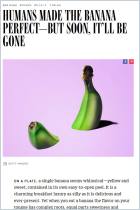
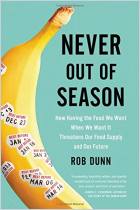
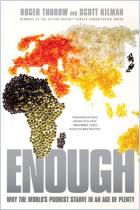


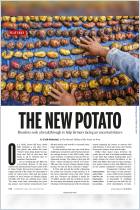
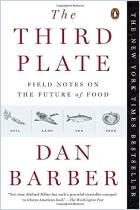






Comment on this summary or 开始讨论